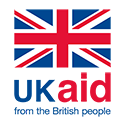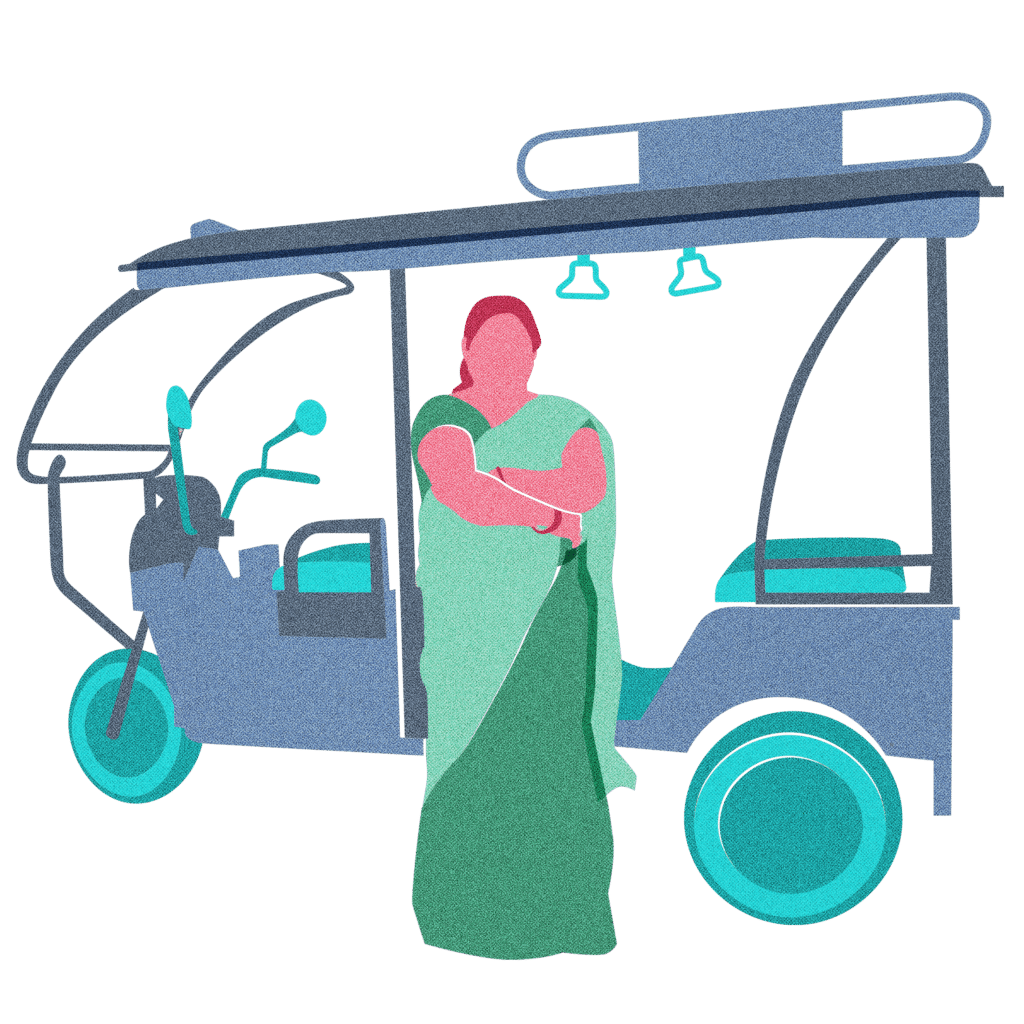Getting innovative in the agri-energy ecosystem: Financial instruments better suited to women-led SGBs in Africa

Our co-funding programme with the UK’s Foreign, Commonwealth and Development Office, Catalysing Agriculture by Scaling Energy Ecosystems (CASEE), has a commitment to produce research that explores the challenges and opportunities in accelerating access to energy-enabled solutions for smallholder farmers and agricultural SMEs.
In 2021, the CASEE programme funded Africa Trust Group (ATG) to conduct an 18-month pilot to address the gap in financing to women-led small and growing businesses (SGBs) in the agriculture and clean energy (agri-energy) sectors in Southern and Eastern Africa.
Download the full learning report
The Empress Pilot Fund explores both the financial and non-financial support that was most required by women-led SGBs in the agri-energy ecosystem; how funds should be structured to best meet these requirements; and the potential impact that such interventions could have in reaching low-income farmers, especially women.
Through the pilot, the Empress Fund created, tested and deployed innovative financing instruments, better suited to the unique business and regional context of promising women-led SGBs in the agri-energy ecosystem.
The findings of the pilot have now been published, with insights in several key areas:
- The financial and non-financial support most required by women-led companies in the agri-energy ecosystem in sub-Saharan Africa?
- How should funds be structured to best meet these requirements?
- The impact or advantage of supporting women-led SGBs in the agri-energy ecosystem especially in reaching low-income women farmers?
The pilot found there is still room for creating and testing alternative financing instruments that are better suited to the unique context of women-led SGBs in agri-energy in sub-Saharan Africa.
Scaling such alternative instruments will require financial institutions to implement a multi-pronged approach that includes elements of training, capacity building and easing the friction in application and due diligence processes to make them more accessible for women-led SGBs.
The agri-energy ecosystem holds a huge opportunity for economic and social development on the continent, and with the majority of the workforce being made up of women, it would be a missed opportunity for African and non-African investors to ignore the opportunity of funding women-led SGBs in the ecosystem.
Financing SGBs can not only contribute to fast tracking the sector’s growth and it’s social and economic impact but also to diversifying investment portfolios.
















